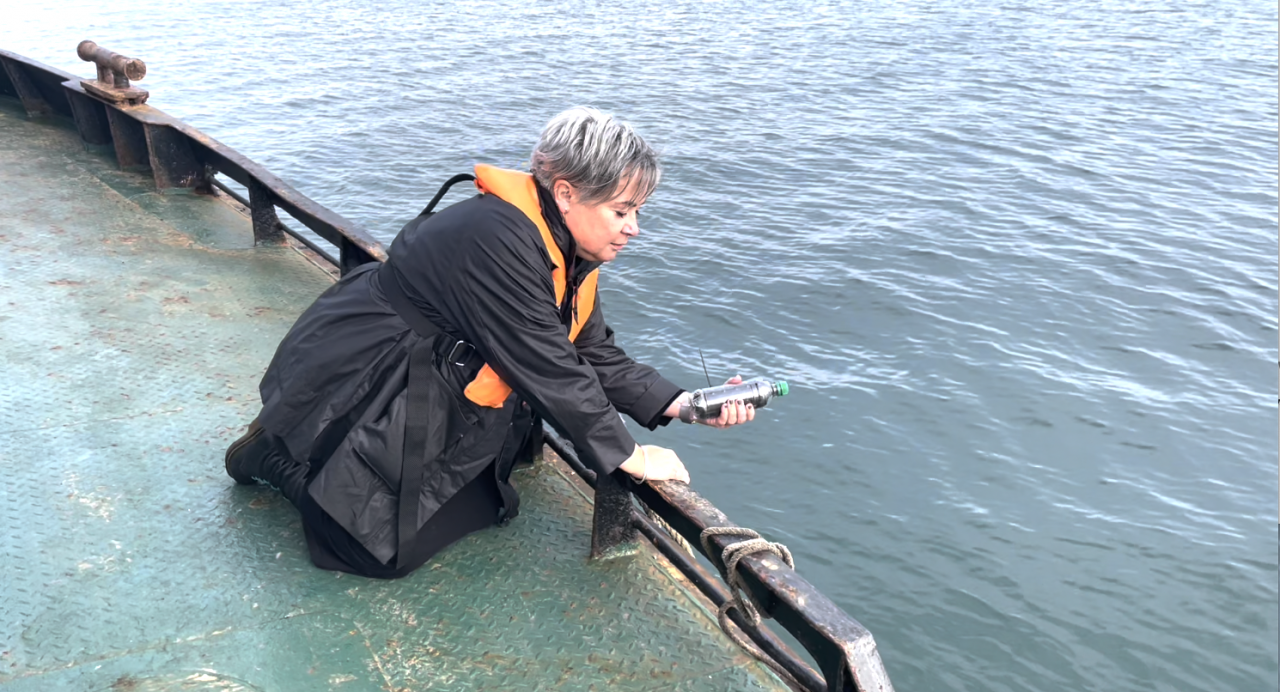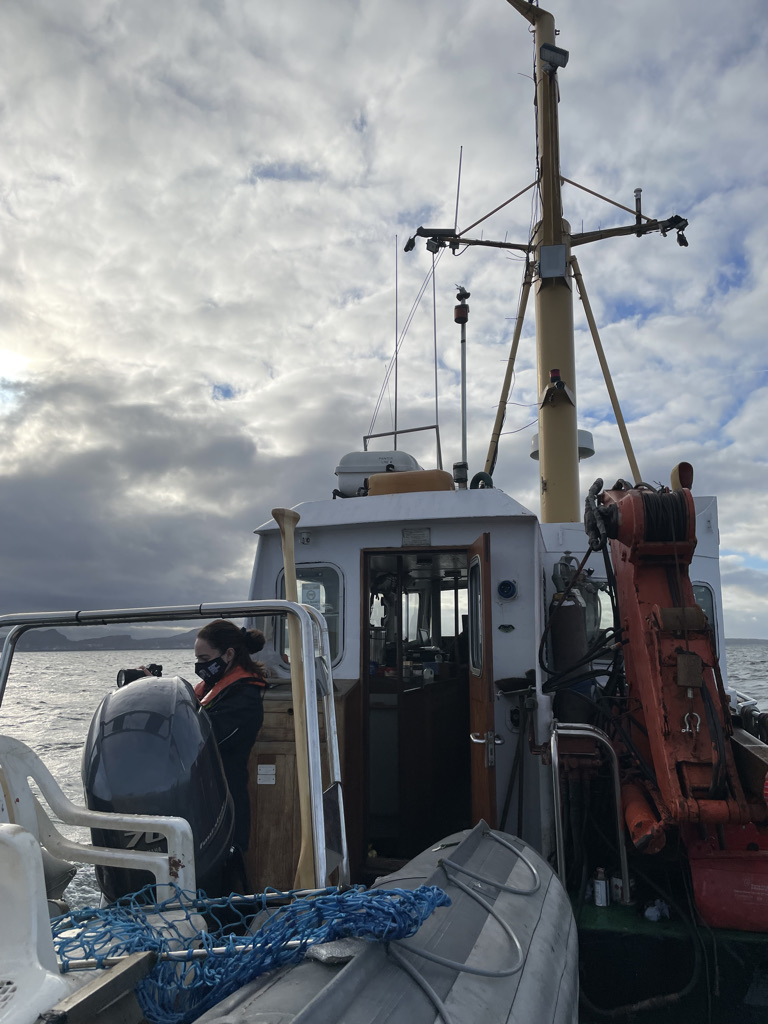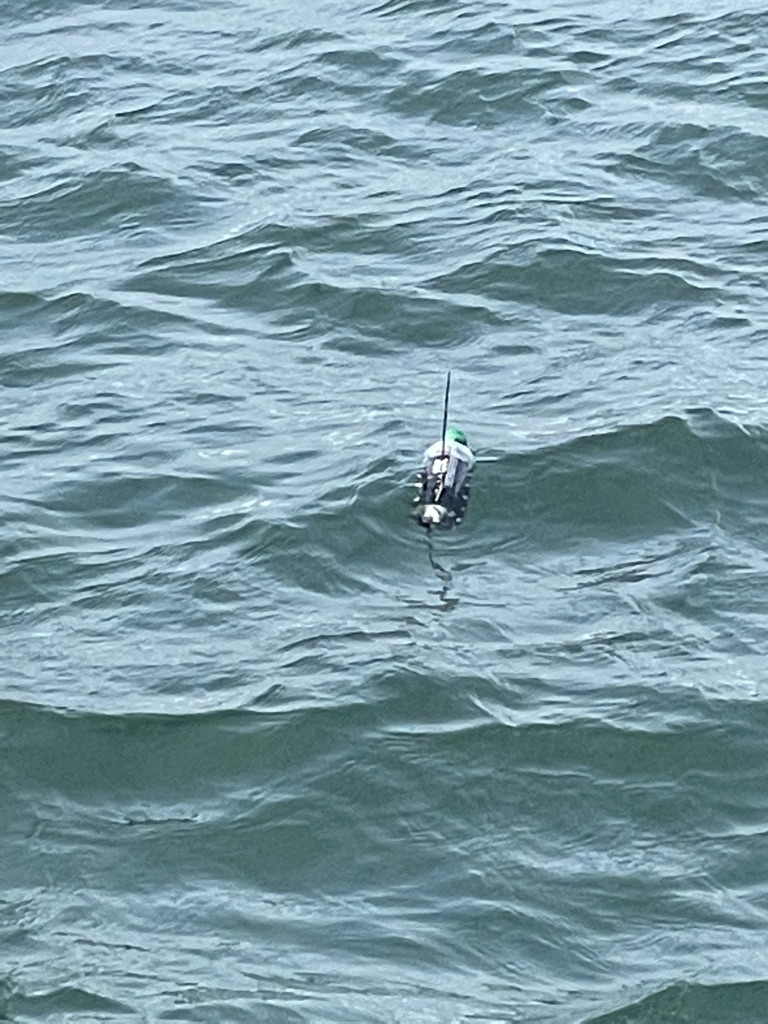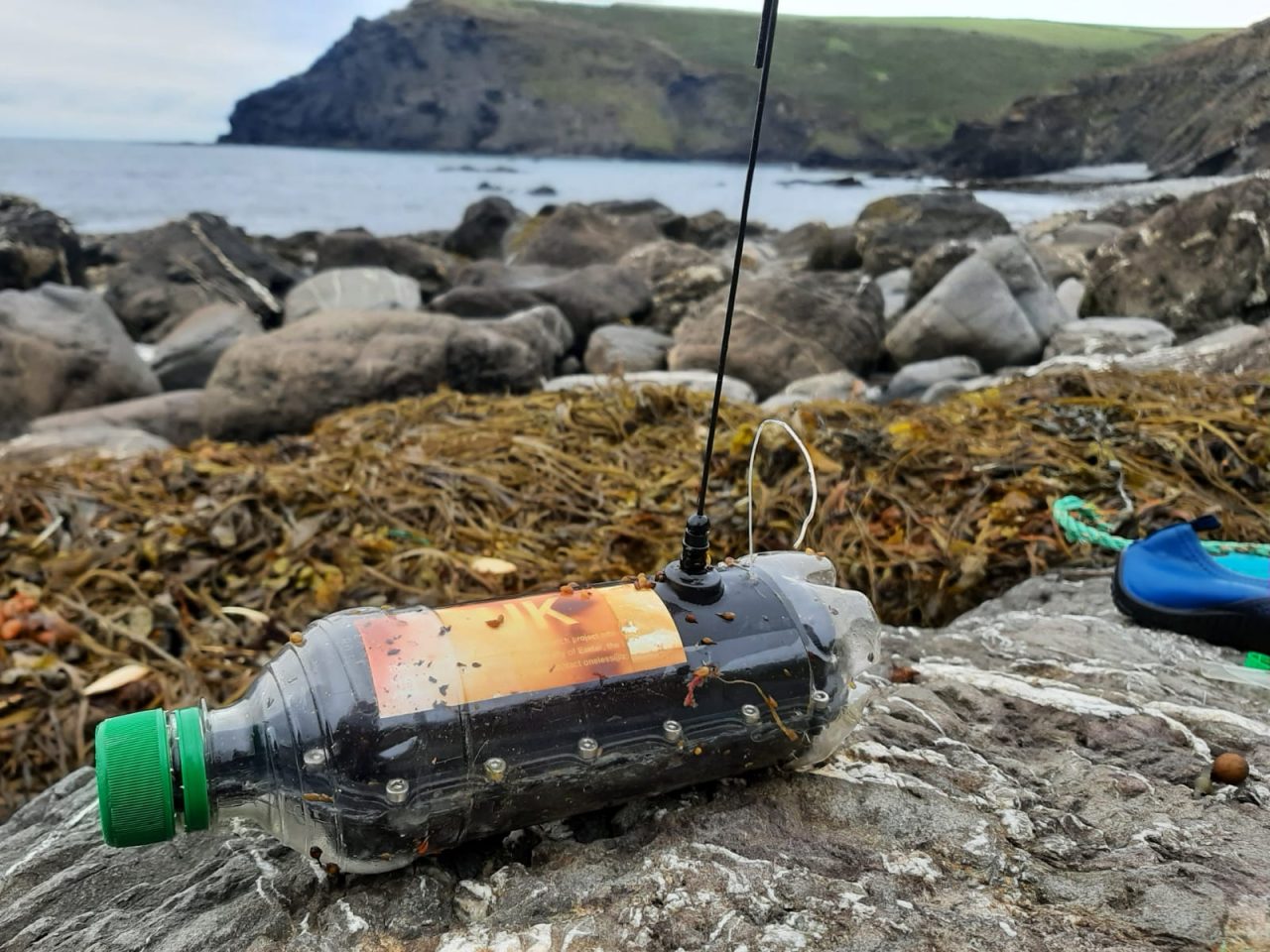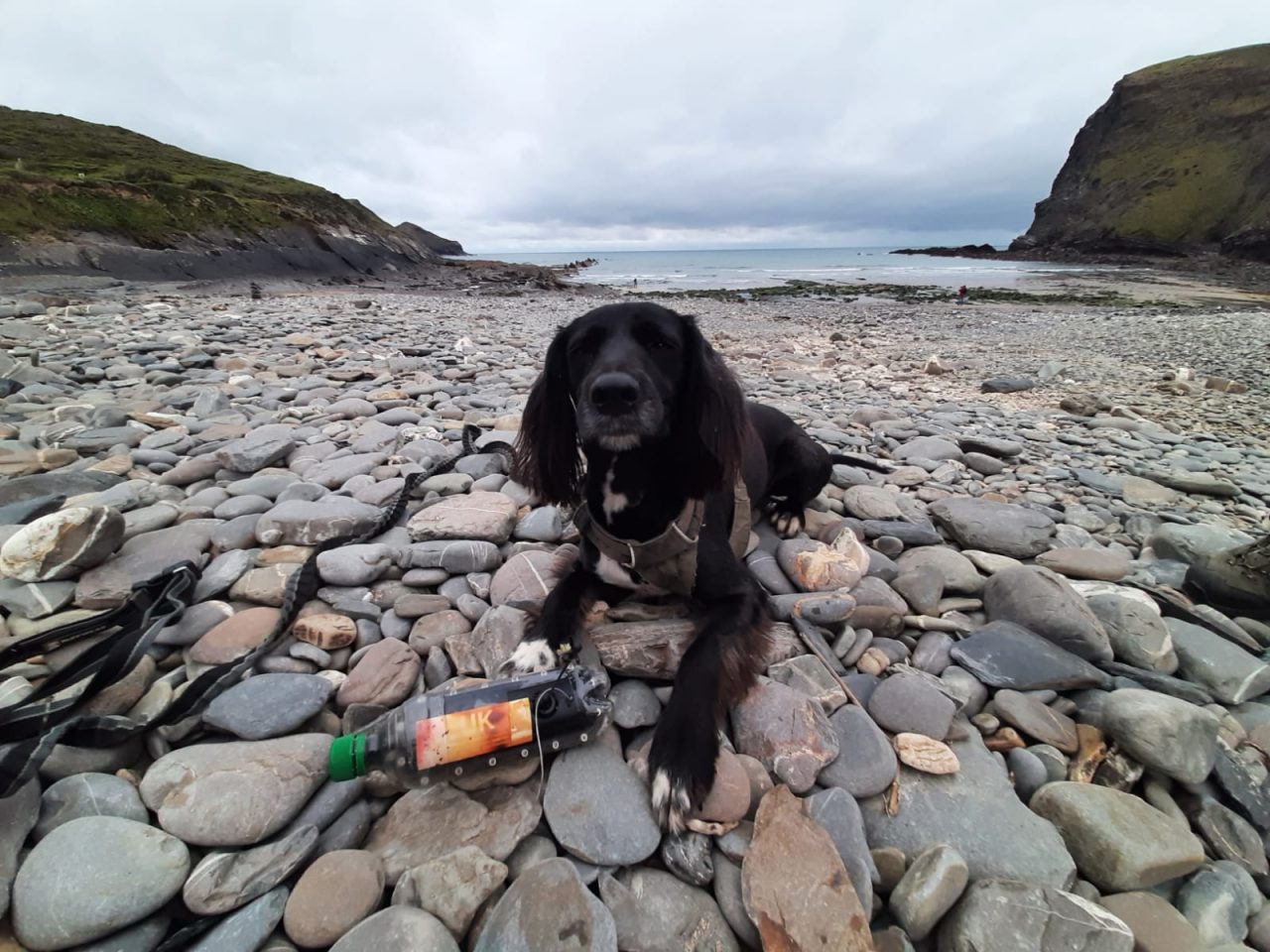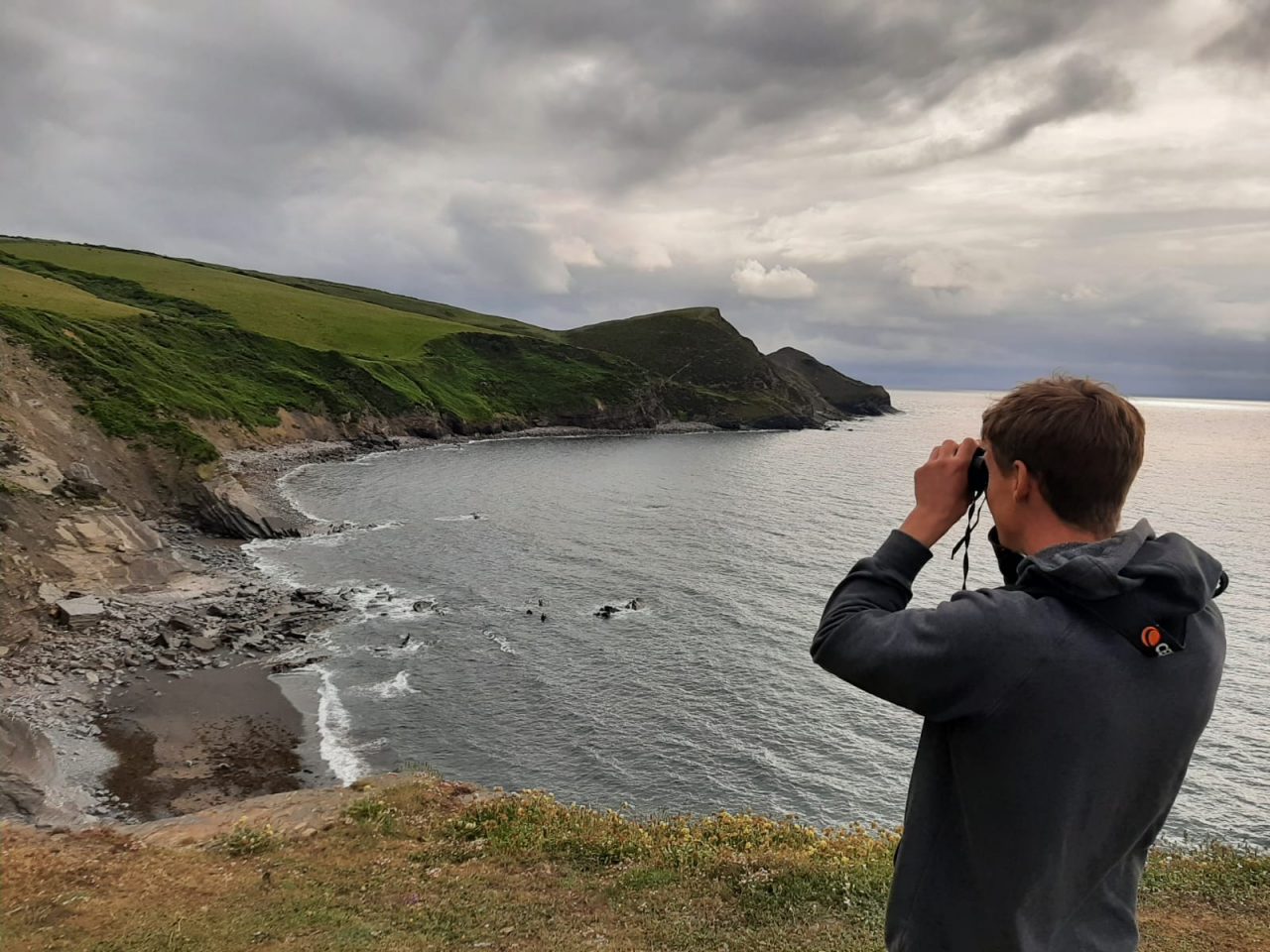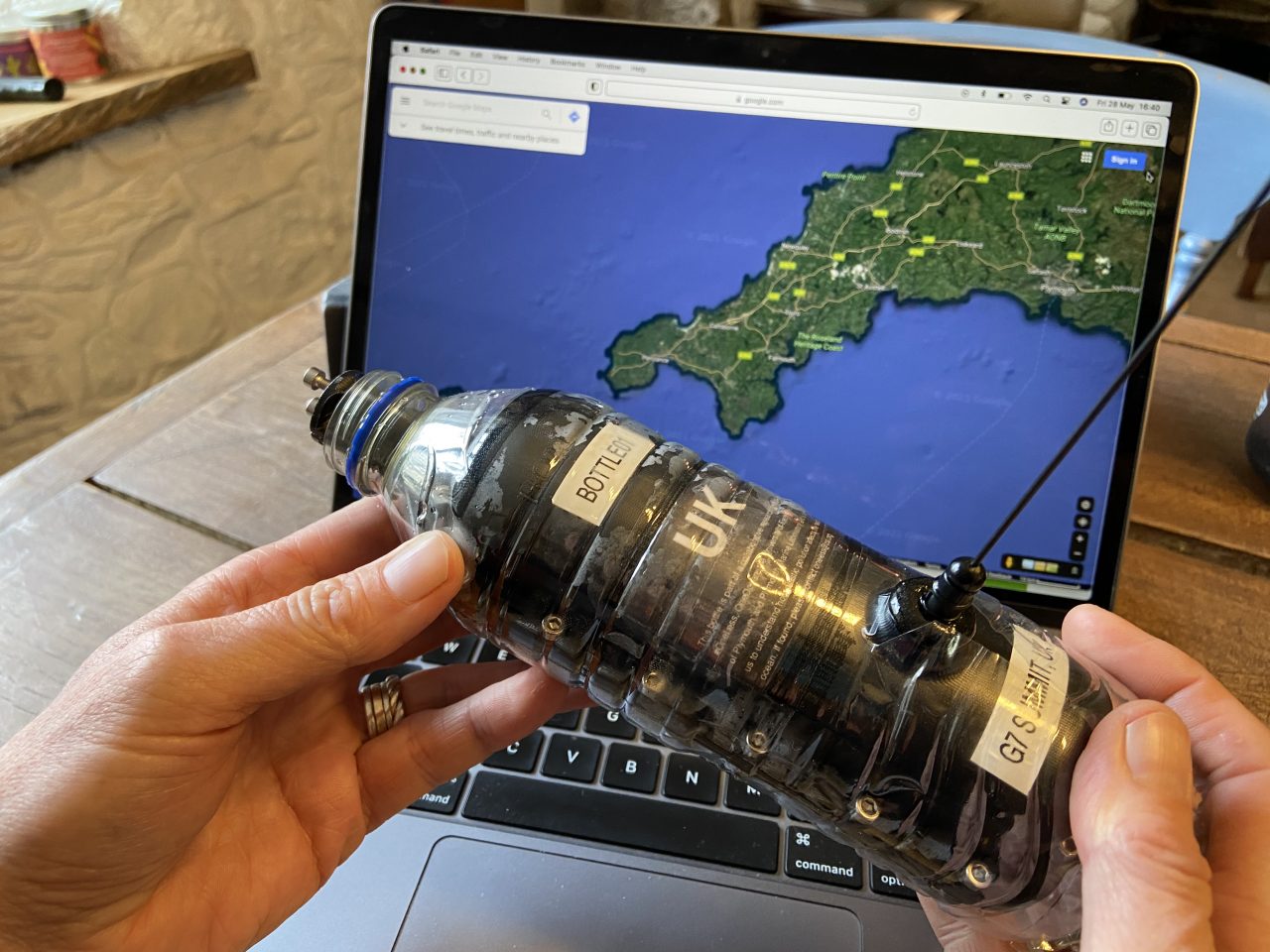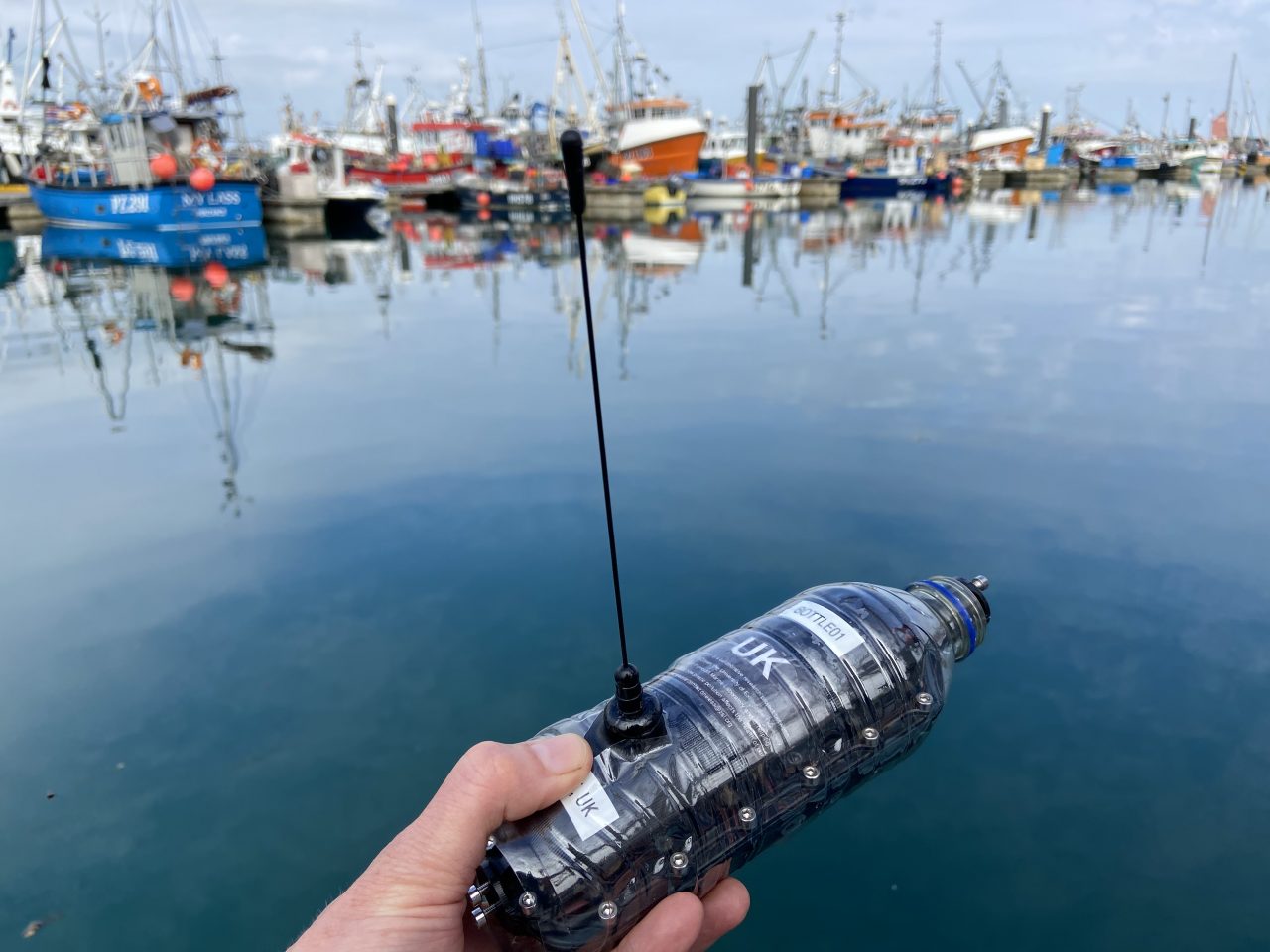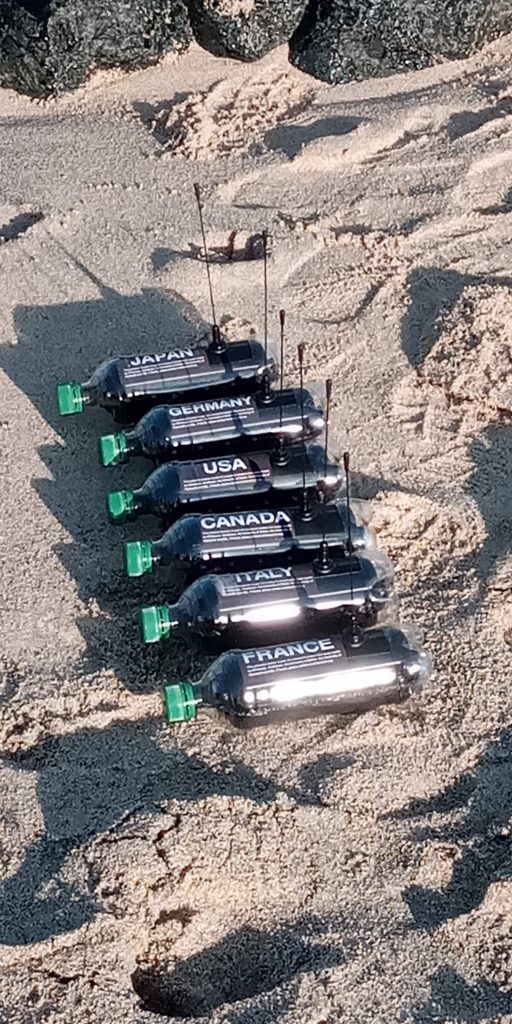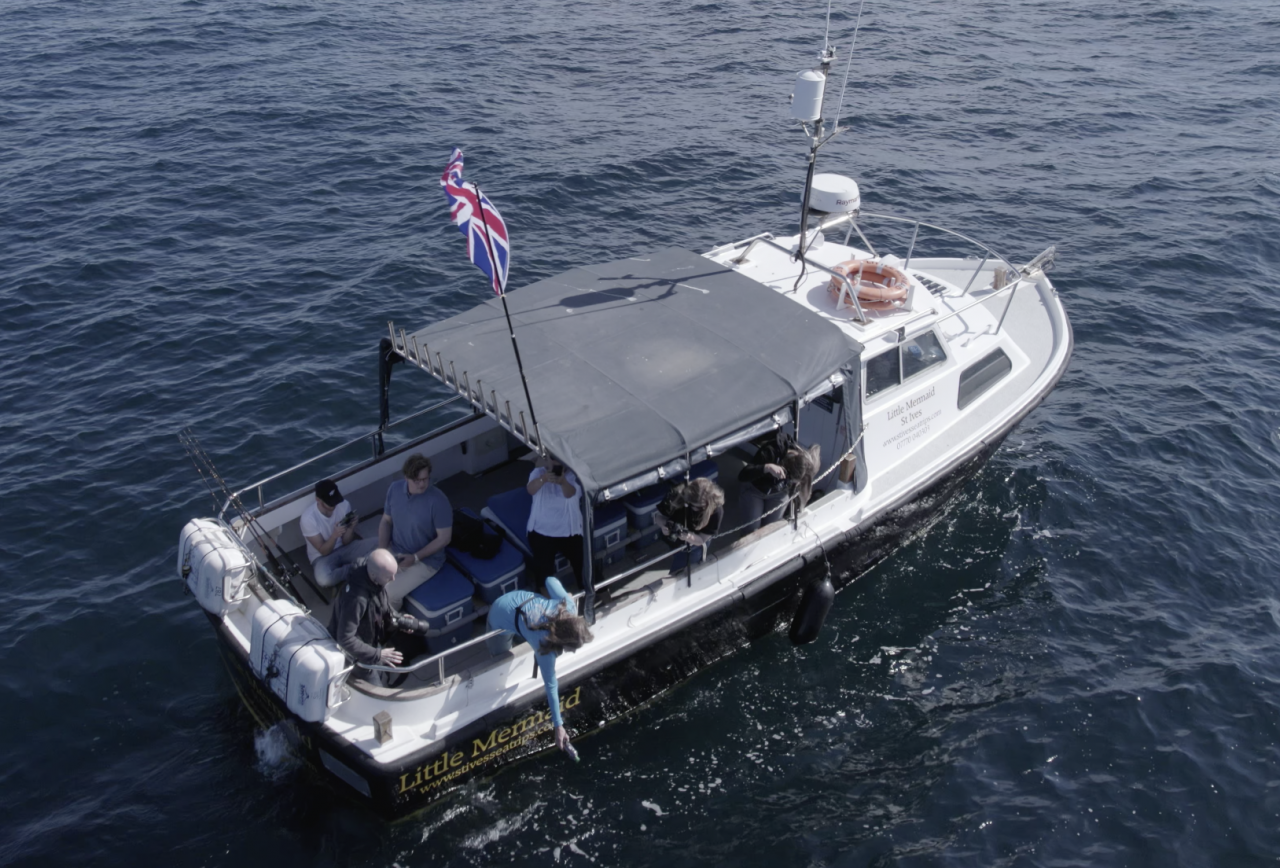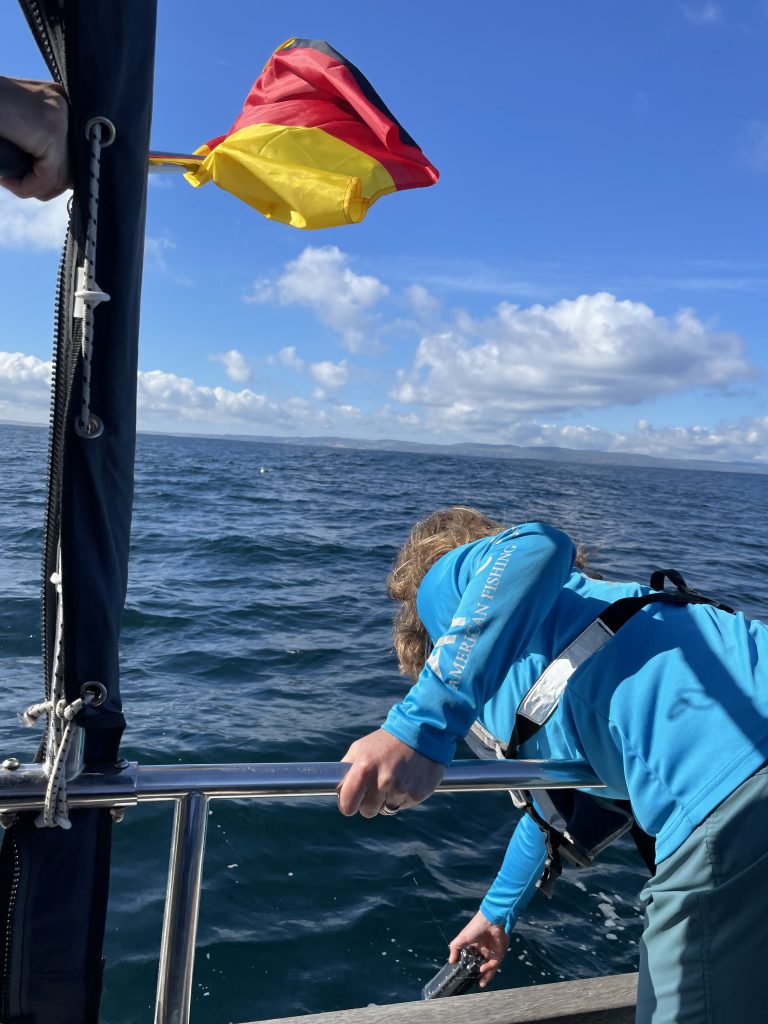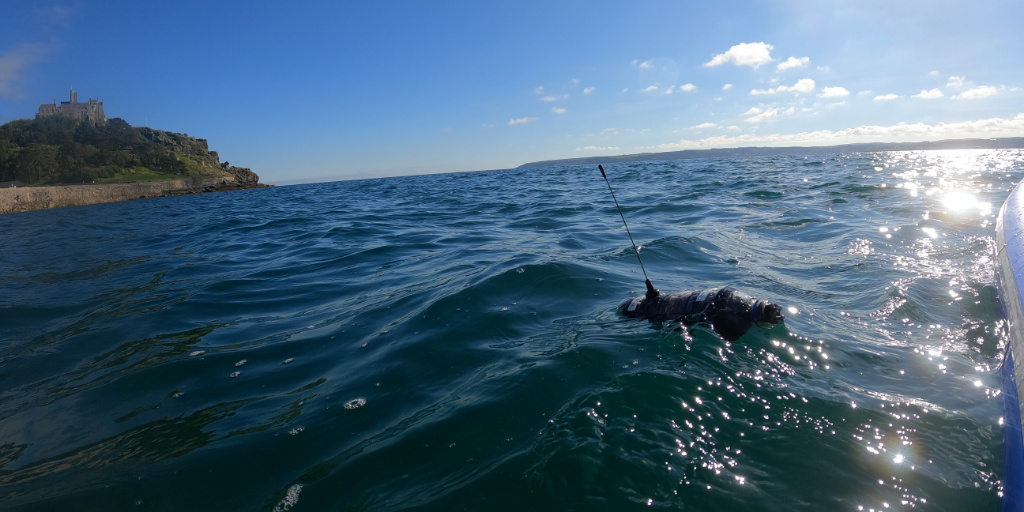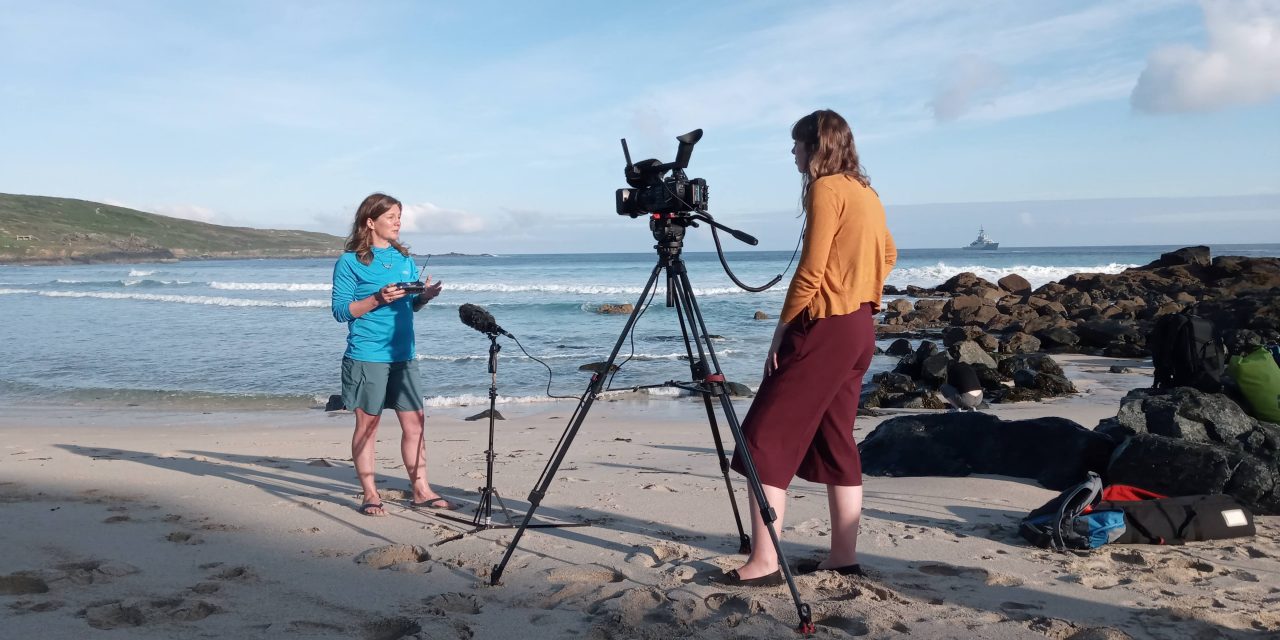A collaborative experiment tracking the movement of plastic bottles in the ocean.
Follow the bottles as they journey across the ocean
Click on the play button to watch the bottles journeys or click on a bottle to see more information.
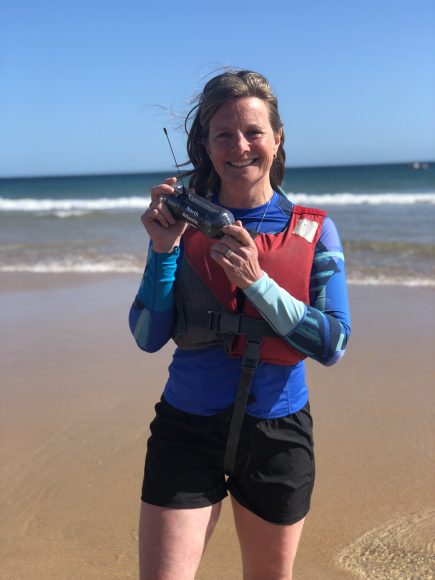
On World Ocean Day, 2021, a collaboration of scientific institutions and ocean groups from around the world, launched scientific monitoring devices into the ocean.
Seven devices, one for each G7 nation, were launched into ocean currents around the G7 Summit’s Cornish venue ahead of the G7 Summit, 11-13 June 2021.
In the first project of its kind to be undertaken in the Atlantic and open ocean, seven bottles fitted with GPS trackers were released at various points along the south coast of the UK. The bottles have been named after the G7 nations, as we call on every leader to #ListenToTheOcean and prevent climate breakdown.
Designed to mimic a single use plastic drink bottle, the tracking devices are gathering vital data to help scientists understand how plastic moves across the ocean and the potential risk it poses to marine wildlife along the way. The data will be fed into ocean observing systems and used to ground truth ocean current observations and modelling.
During the 26th UN Climate Change Conference of the Parties (COP26), taking place from 31 October to 12 November 2021 in Glasgow, UK, scientists have deployed new tracking devices into the ocean around Scotland. The devices will help understand how plastic bottles move in the ocean and their interaction with climate change impacts, wildlife and weather patterns. The four devices have been named “Heat”, “Acidity” “Deoxygenation” and ‘Pollution’ to draw attention to the need to adequately address these ocean crises in tandem and to ensure that a recurring ocean climate dialogue is fundamental to future COPs.
New tracking devices were launched ahead of the United Nations Ocean Conference on Sunday 26 June, 2022. A team, led by OneOcean, deployed the special GPS pollution tracking devices from Praia de Carcavelos at 5:00 pm, to help scientists study the distribution of ocean plastic pollution as part of the #EUBeachCleanup, which also included a microplastic cleanup of the site.
The EU Commissioner for Environment, Oceans and Fisheries, Virginijus Sinkevičius, attended the launch and spoke about the importance of scientific evidence in supporting policy decisions for the marine environment.
The data gathered by the “Message in a Bottle” project is providing major insight into oceanographic and meteorological factors that influence plastic as it journeys across the ocean
The Message in a Bottle tracking project is being run by #OneLess, OneOcean, University of Plymouth, University of Exeter, and the Zoological Society of London.

